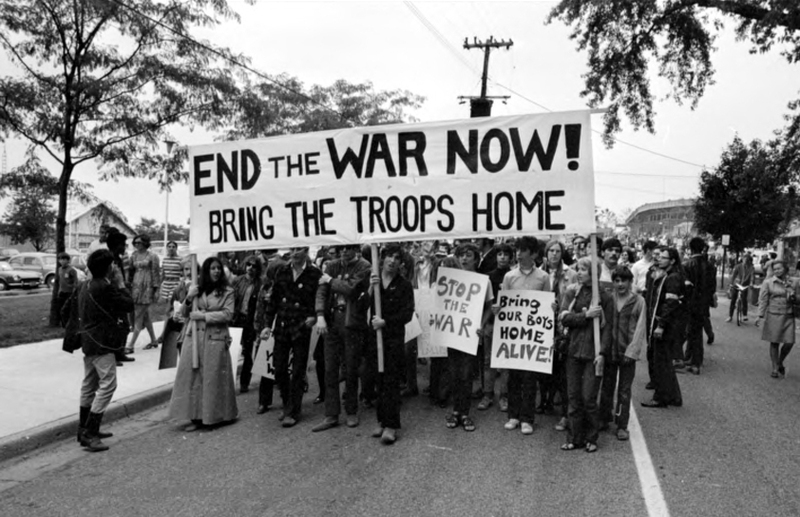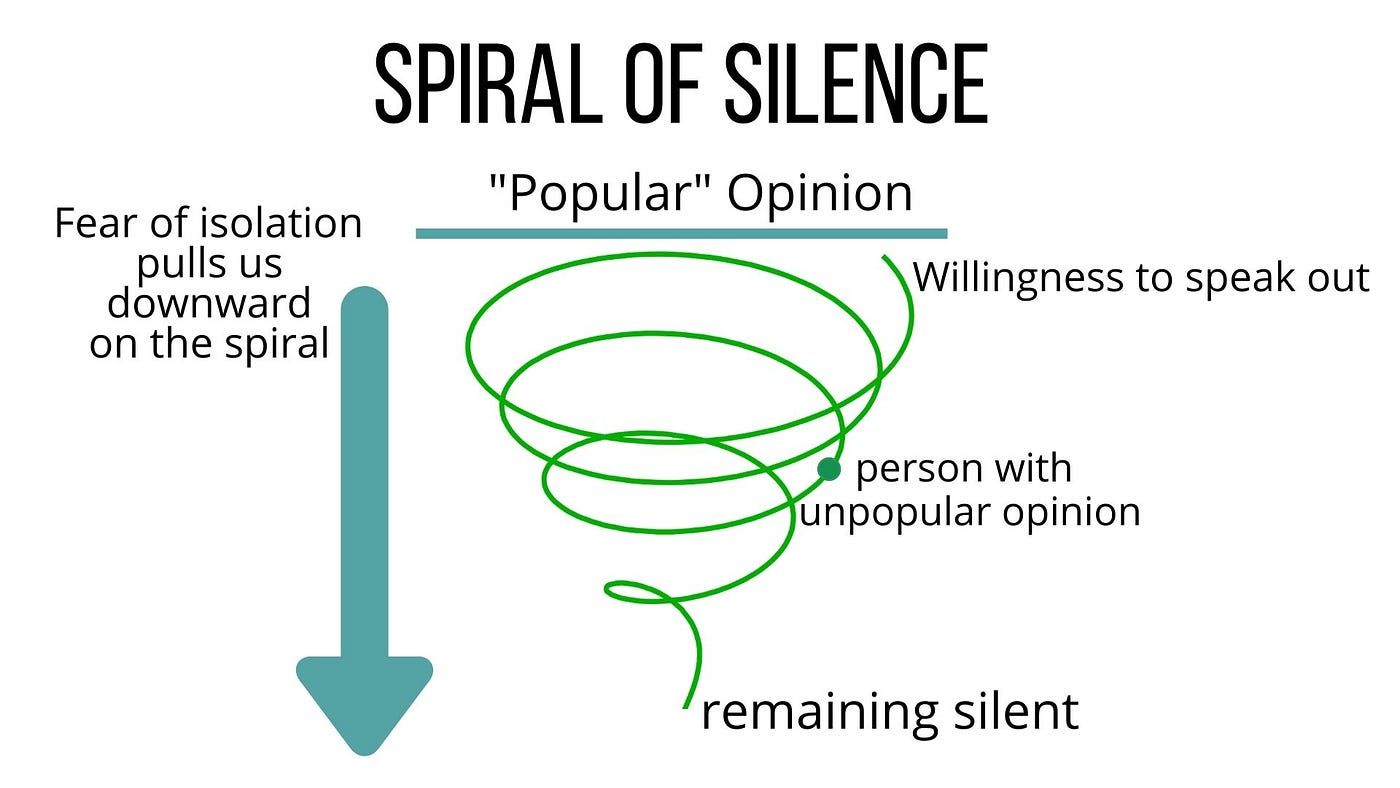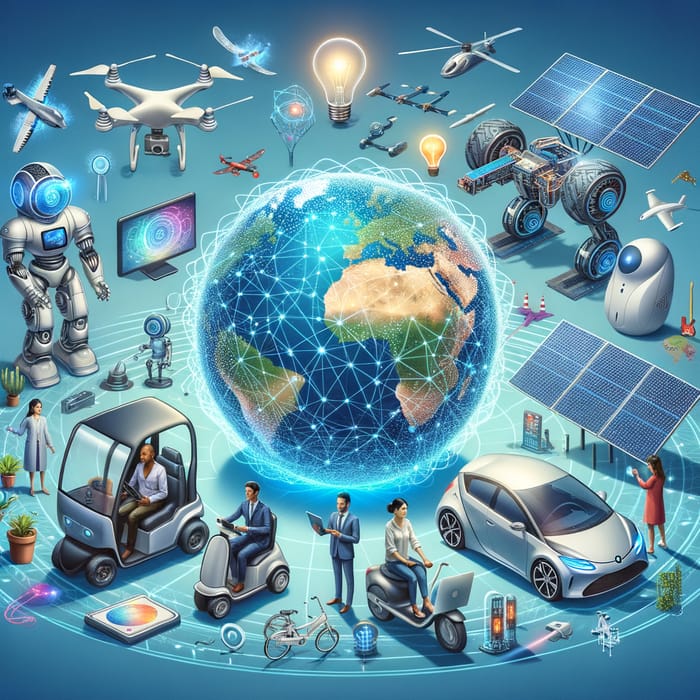
The term war means " a conflict carried on by force of arms, as between nations or between parties within a nation; warfare, as by land, sea, and air." Everyone has heard of this word before. From the American Revolution, where the 13 colonies wanted independence from Great Britain, to Russo-Ukrainian War where Russia wanted to gain control over Ukraine for many different reasons. See, the word "war" is seen all over the world today, but do people talk about the term, "anti-war"?
Anti-war is when there is an opposition to war. The reason that anti-war is not being talked about is other current issues like climate change, economic instability, politics, and much more are taking over and overthrowing the talk of anti-war. Governments often frame war as a necessity for security and protection which makes them see it was a justified answer to any type of problem. 
Anti-war is a word that I never hear on the regular. The news and other forms of media present war as ongoing events. They present it as a way to protect America and the freedom we have, add security, and much more. Just recently I found out about two websites: Antiwar.com and The American Conservative. Each of these websites have strong writers who discuss the importance of going against military interventions or anything related to war. A lot of media these days want to stay on a certain side of a story or they don't want to cause heavy debates. Anti-war is just another discussion and argument that the news, blogs, and media don't want to have to deal with because war is happening all the time. It is hard for these types of websites to get attention because people don't talk about it. War is going to happen and it is current news, so why would they have to give arguments about anti-war?
Well, I think it is extremely important to see both sides. Often people just look at one main stream of media and don't consider smaller sites and opposite opinions. These websites offer a place for people to find different opinions, but their small sources compared to major news sources suggests that antiwar views are either purposely or accidentally left out of mainstream media. That is why as people we need to gain as much information as we can to compare and contrast our ideas as well as get the main view points.



